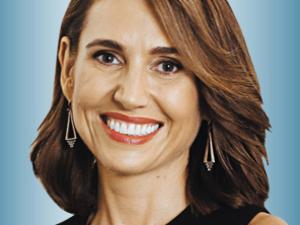
Making it personal
What makes a successful leader? Try optimism and energy.

What makes a successful leader? Try optimism and energy.

With good talent increasingly difficult to find, organisations are realising the advantages of recruiting past top performers.
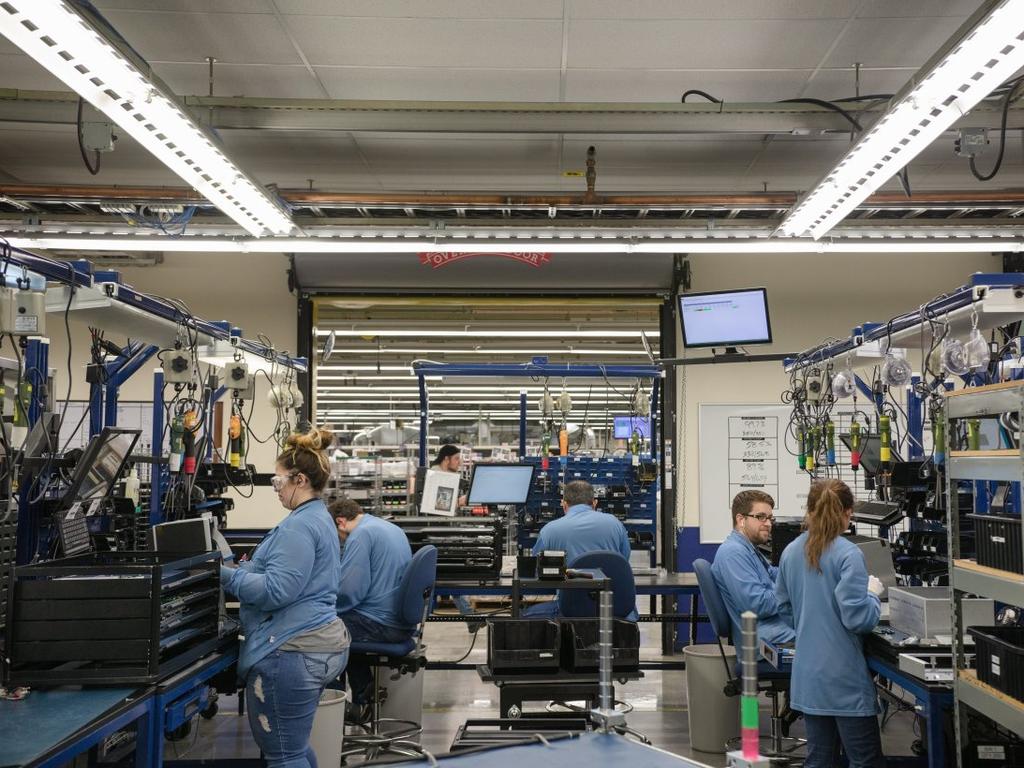
Some industries find in-house training more useful than traditional degrees.
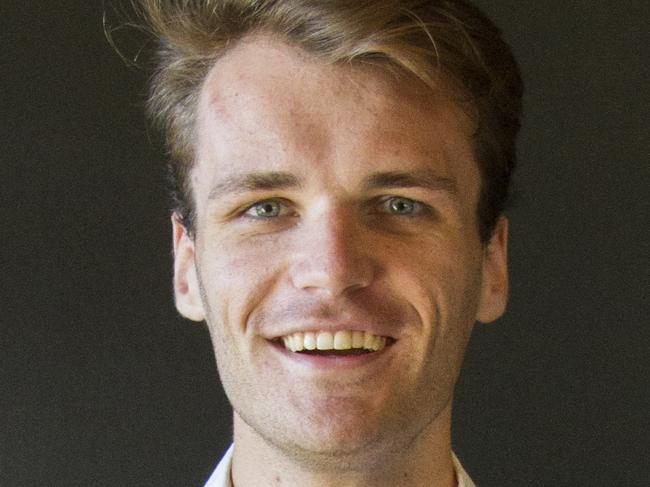
With a longer working life inevitable, we need to look beyond the traditional model of full-time education leading to full-time work leading to full-time retirement.

Amid a growing focus on the problem by experts, women are trying new strategies to shore up their belief in themselves.
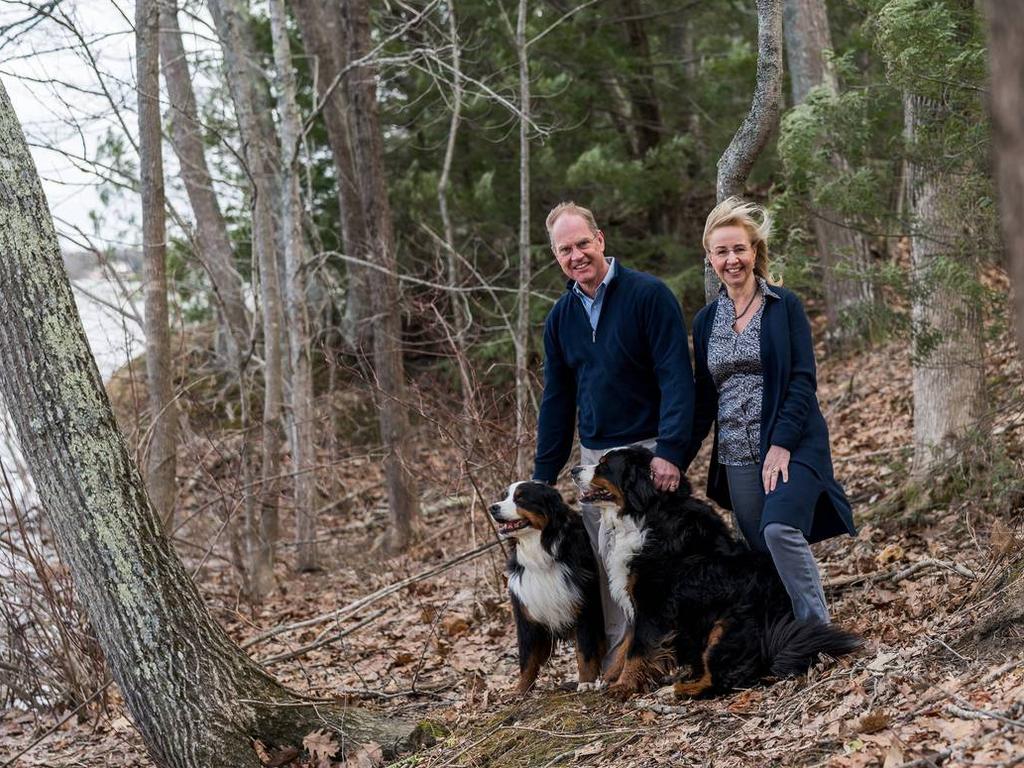
More men are following their wives as they relocate to further their careers and they are receiving help to find employment.
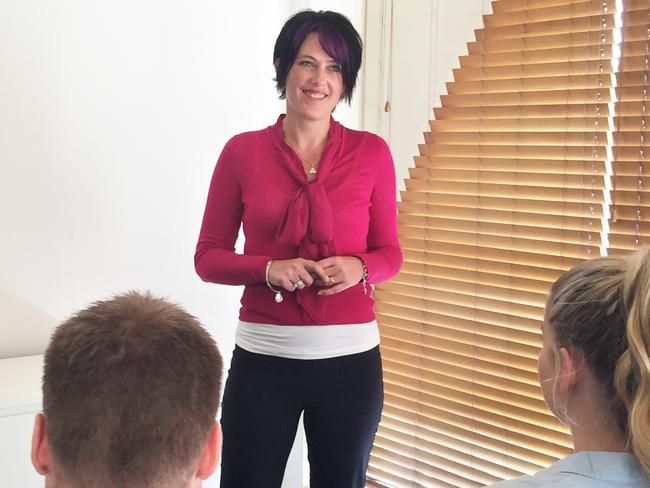
For many people, feeling trusted and appreciated has a profound influence on their depth of engagement in the workplace.

The idea that we need more women in leadership positions is not new, but the only way to bring about change is to alter our perception of leadership.

Dentists are lobbying political parties to back patient savings accounts as a way to limit the influence of health insurers.

When Frank Lloyd Wright designed the open-plan office, he didn’t know it would lead to hot-desking and ‘agile’ management.

Most of us wouldn’t intentionally discriminate against someone in the workplace because of their sex, but what about the unintentional discrimination that may be going on?
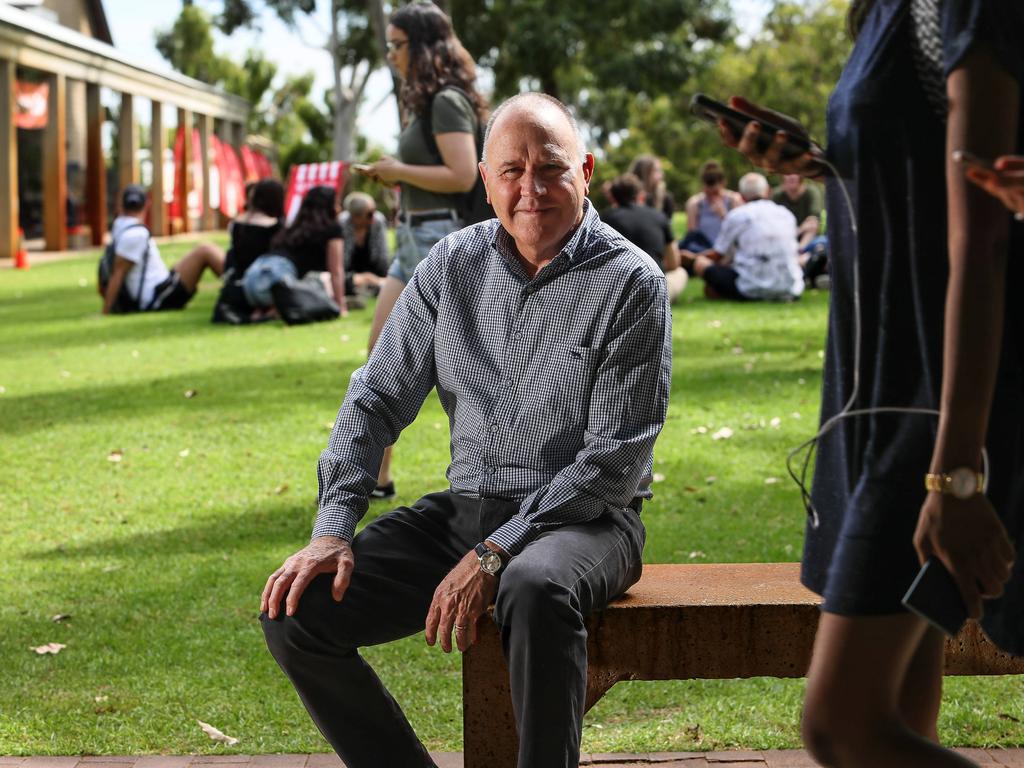
A study asks young people what they think of school, with surprising results.
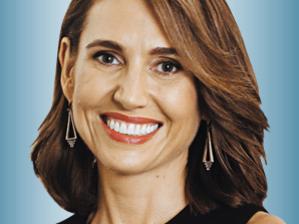
Showcase your skills, break ingrained habits, and the promotions will keep coming.
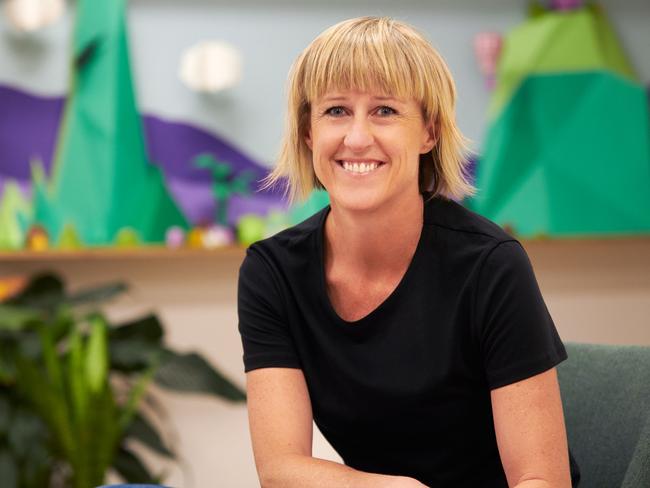
Spend time discovering your customers’ hopes, fears and values, and viewing the world through their eyes.
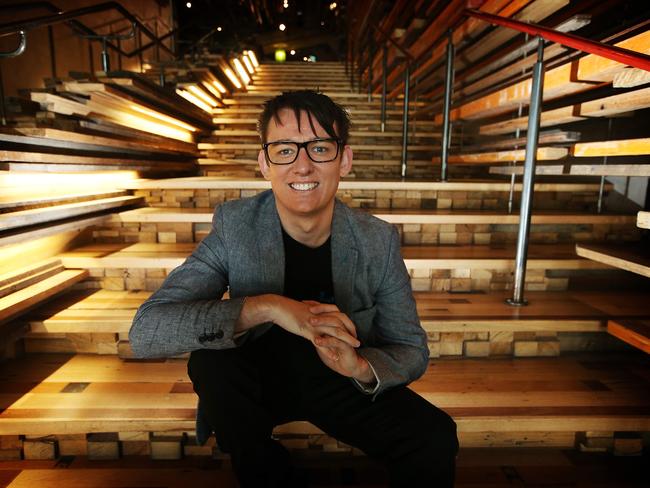
Gay and with a cerebral palsy, Wayne Herbert jokes that he ‘ticks every box’.

Managers are told the best way to boost an organisation’s performance is to transform the culture, but they often get it wrong.

The tight US labour market is forcing small and mid-sized companies to work harder to recruit and retain employees.

University of Sydney robotics expert Hugh Durrant-Whyte says we can expect the jobs market to hollow out as automation takes hold, but don’t worry yet about machines taking over everything.

Rewarding some staff can put noses out of joint and be counter-productive.
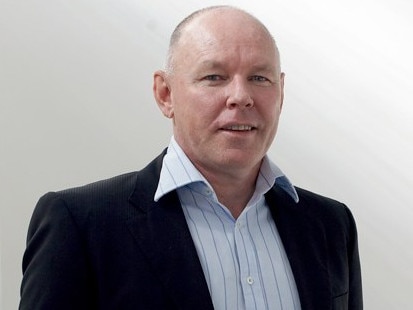
The ability to think creatively, to generate and test new ideas, solutions or actions will be the most important workforce skill.
Original URL: https://www.theaustralian.com.au/business/careers/page/17